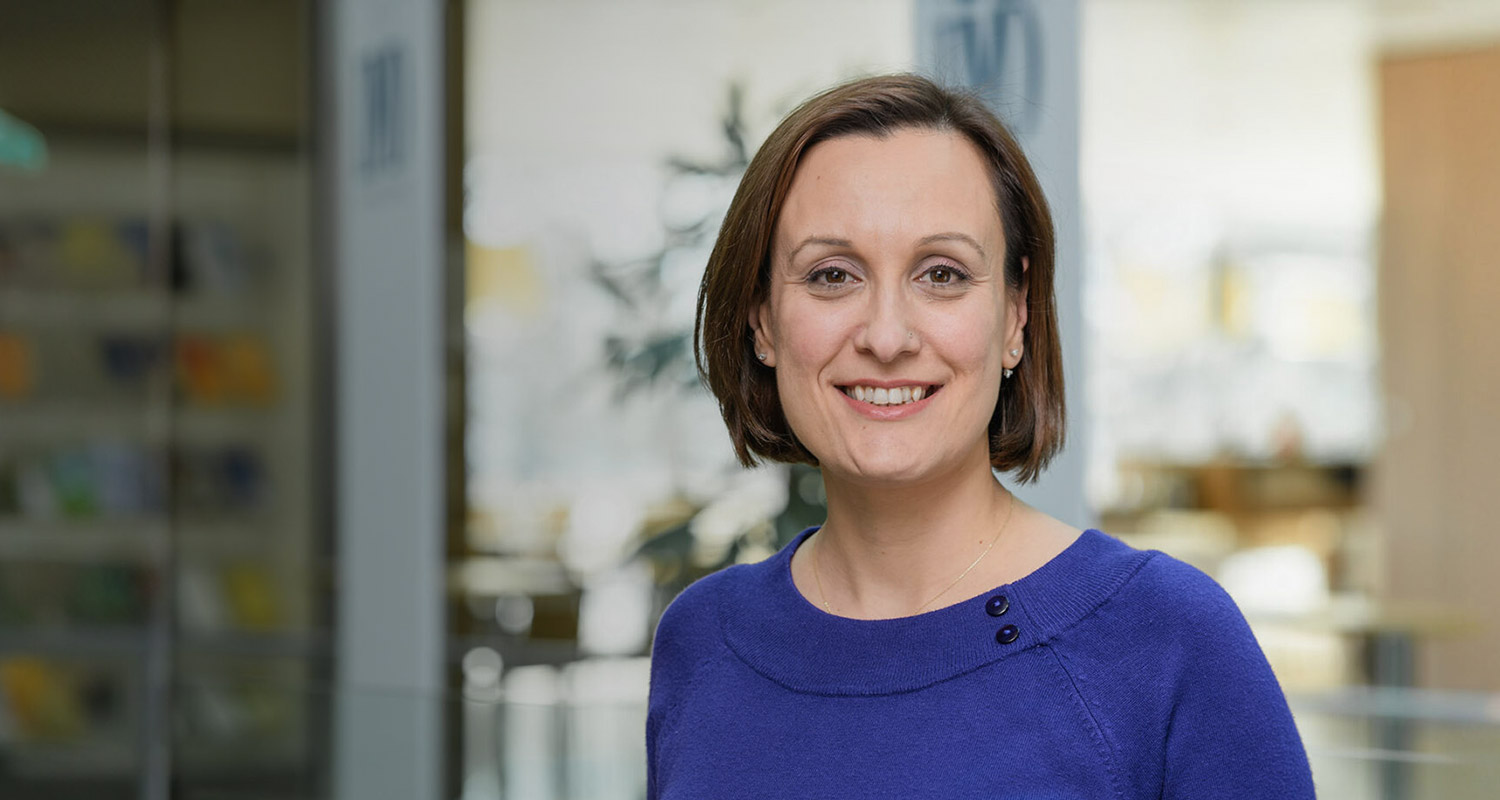

Öykü Işık
Professor of Digital Strategy and Cybersecurity
Istanbul Bilgi University
Istanbul Bilgi University
University of North Texas
Named on the Thinkers50 Radar list of management thought leaders to watch in the year ahead (2022)
Named as one of Switzerland’s Digital Shapers by Bilanz, Handelszeitung, Le Temps, and Digitalswitzerland (2021)
Öykü Işık is Professor of Digital Strategy and Cybersecurity. She is an expert on digital resilience and the ways in which disruptive technologies challenge our society and organizations. Named on the Thinkers50 Radar 2022 list of up-and-coming global thought leaders, she helps businesses to tackle cybersecurity, data privacy, and digital ethics challenges, and enables CEOs and other executives to understand these issues, which she believes are too important to be left to technical specialists alone.
Işık’s research explores ways in which emerging technologies can be exploited to foster responsible innovation. She has worked with organizations such as Mastercard, Ageas, KBC, BNP Paribas Fortis, Turkcell, and the European Union Intellectual Property Office to help them shape their responses to consumer concerns around cybersecurity, data privacy, and digital ethics.
Digital resilience is very important for sustainable digital transformation. It is like a muscle we have neglected – it will get stronger as it is used, but it is certainly sore in the beginning.
While digital transformation creates more opportunities for organizations, this is also accompanied by increasing risks, she says. Cyber attackers are becoming more sophisticated and cyber extortion is now a booming business that poses a serious threat, with major financial, reputational, and regulatory implications for organizations that are targeted. Many organizations fail to give enough attention to these risks, but Işık is able to provide them with practical advice on how to develop the digital capabilities they need to ensure that they can deal with such hazards.
Meanwhile, growing consumer worries about data privacy and protection mean that organizations are under pressure to build digital trust and transparency, and new regulations such as the EU’s GDPR regime have major ramifications for the way that businesses process consumer data. Işık therefore helps them to understand customer concerns and regulatory changes, and to shape their privacy and data processing policies accordingly.
The emerging field of digital ethics is also growing in importance amid mounting anxieties over how organizations use digital technologies, such as artificial intelligence, for surveillance. Ethical considerations therefore need to be addressed as such technologies are deployed, she says.
Işık is currently looking at public sector organizations, which are traditionally seen as slow to implement new technologies but may actually offer some examples of best practice that the private sector could learn from. She is also carrying out research into the behavior and attitudes of young people towards data protection and their readiness to exchange privacy for convenience or financial gains, and is developing a practical team simulation for how firms might respond to a ransomware attack. A future study will offer guidance for organizations on the considerations to bear in mind when engaging digital forensics experts.
A computer scientist by training, Işık’s work before joining IMD in 2020 focused on business intelligence, analytics, and technology and business process management. She was previously Assistant Professor of Information Systems Management at Vlerick Business School in Belgium and taught information systems courses at the University of North Texas and Istanbul Bilgi University.











